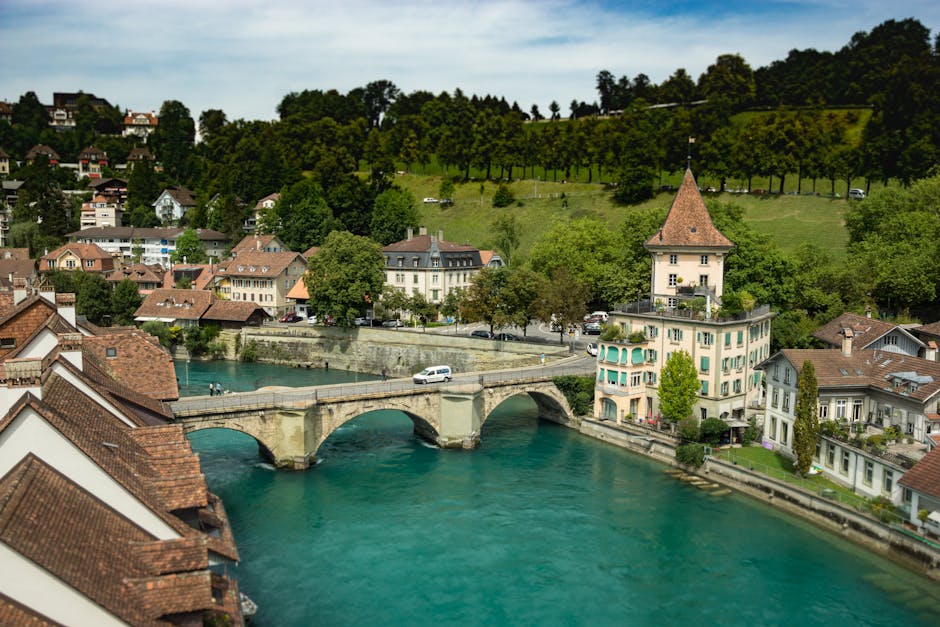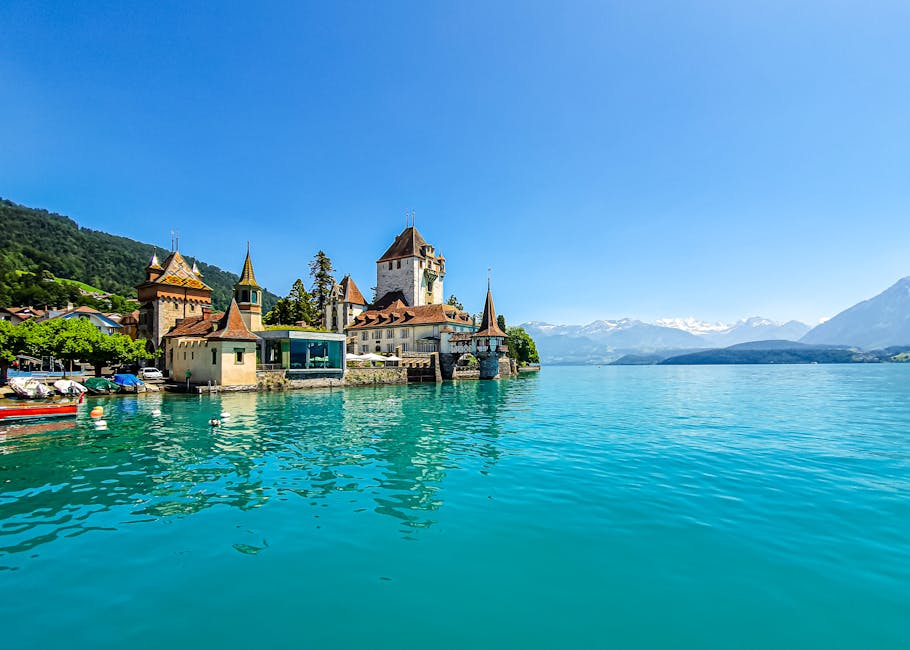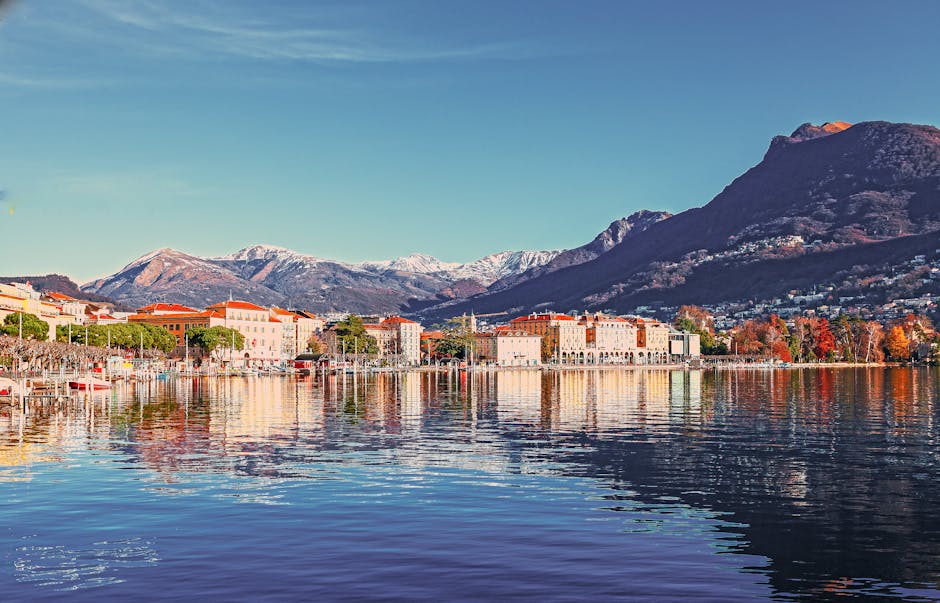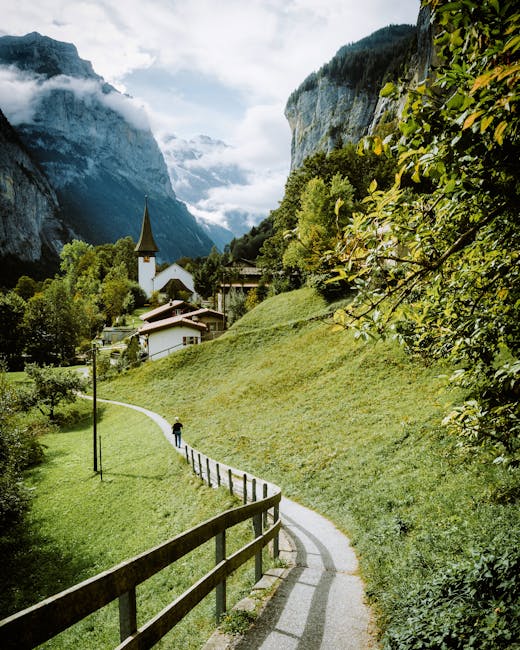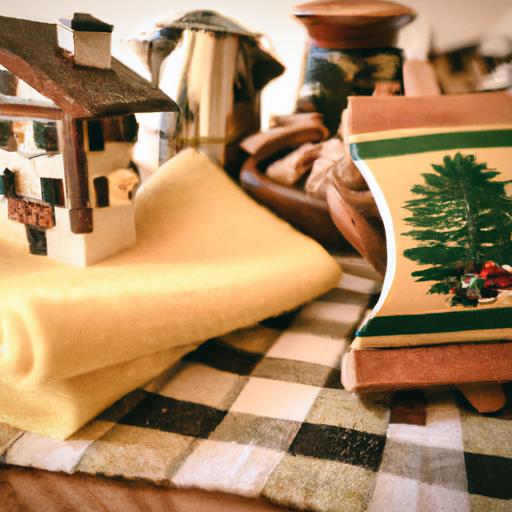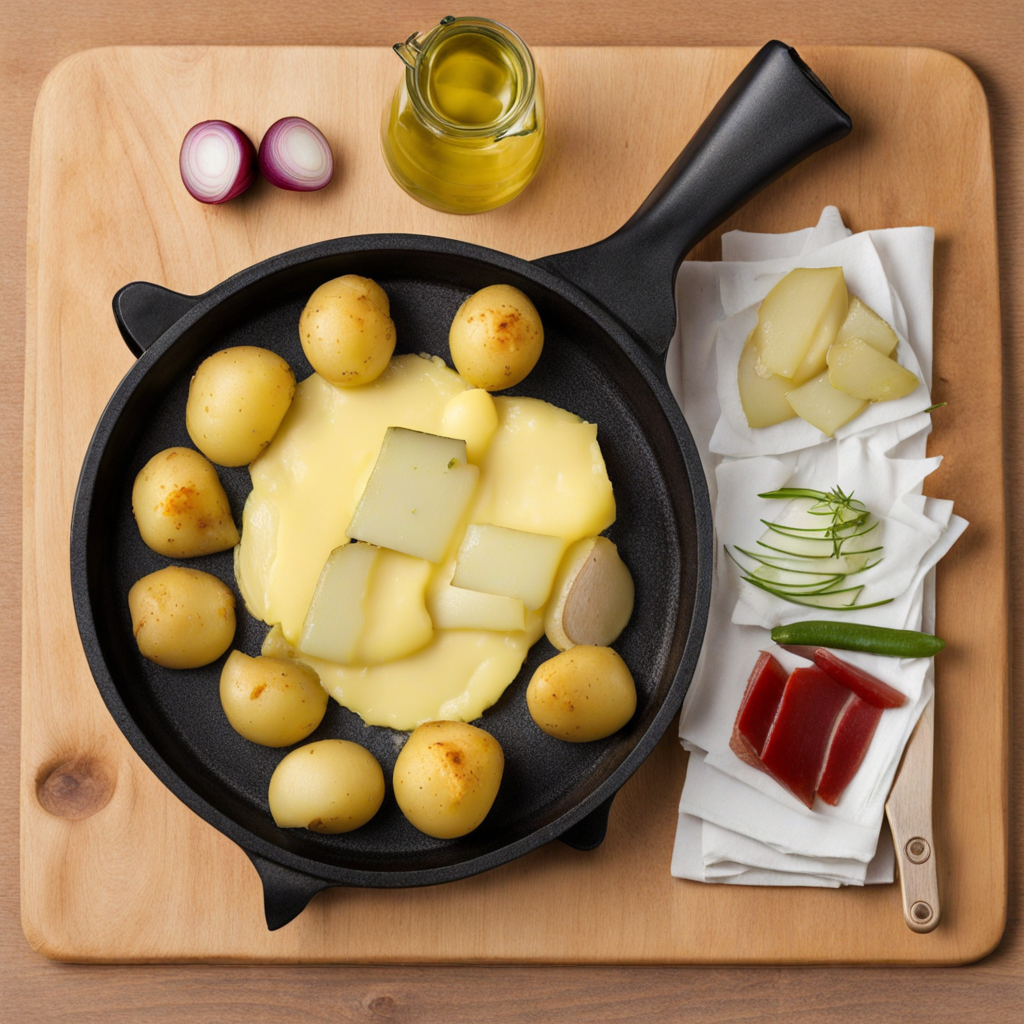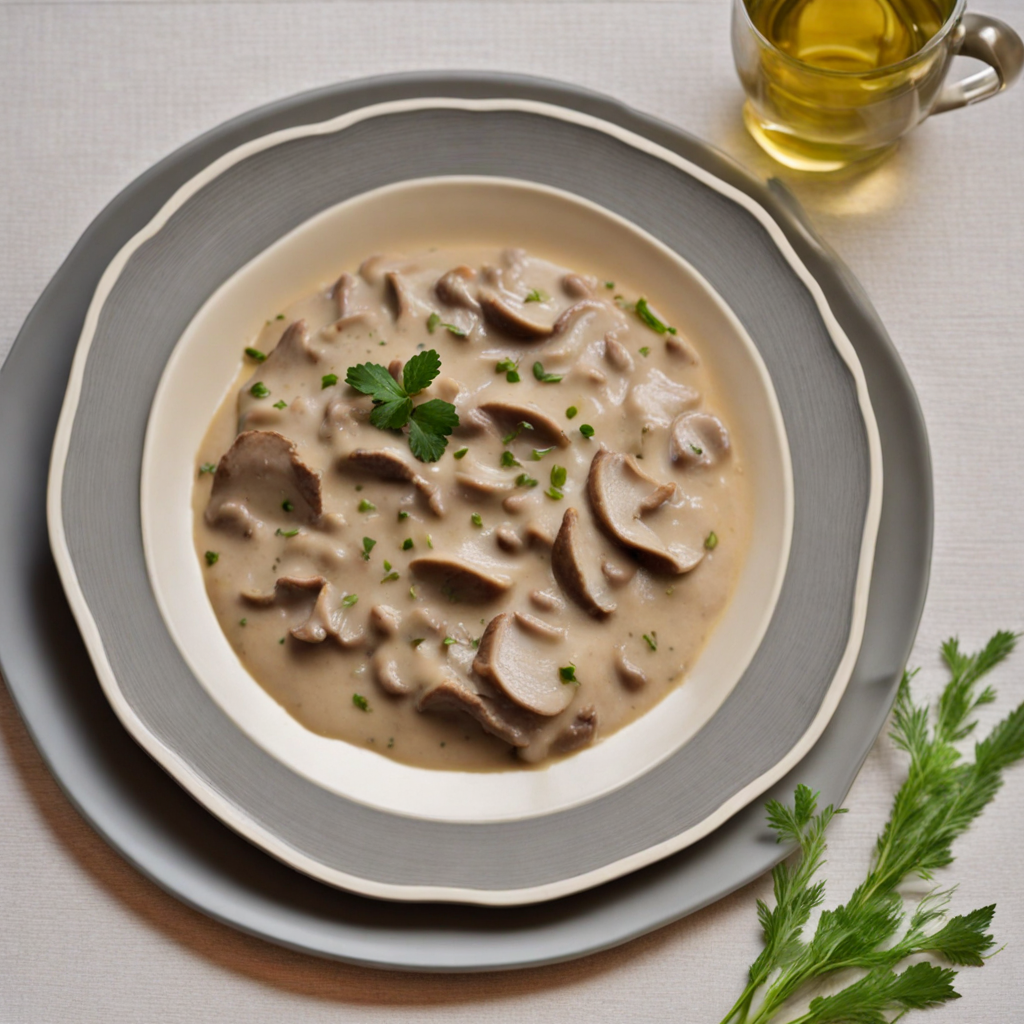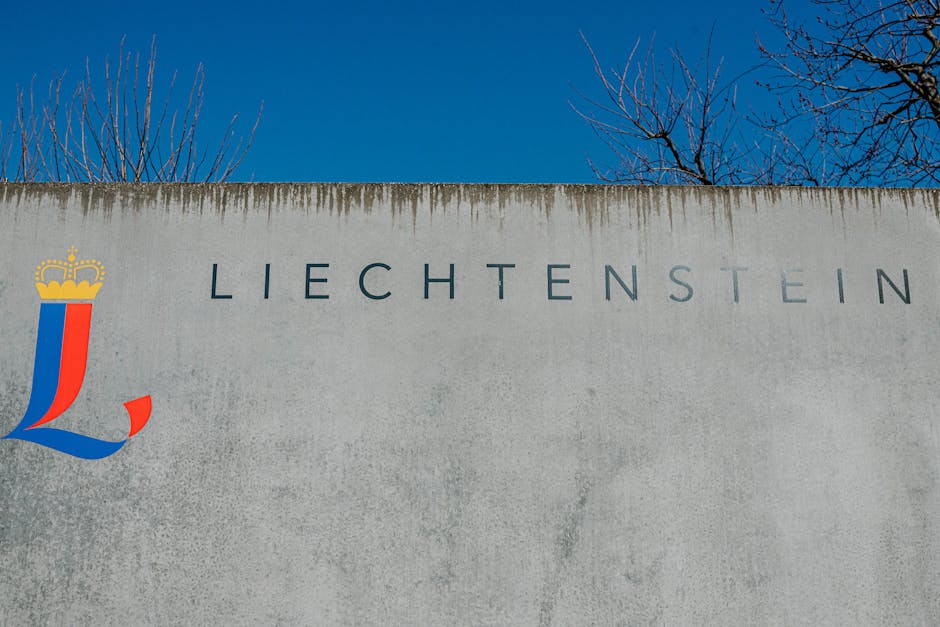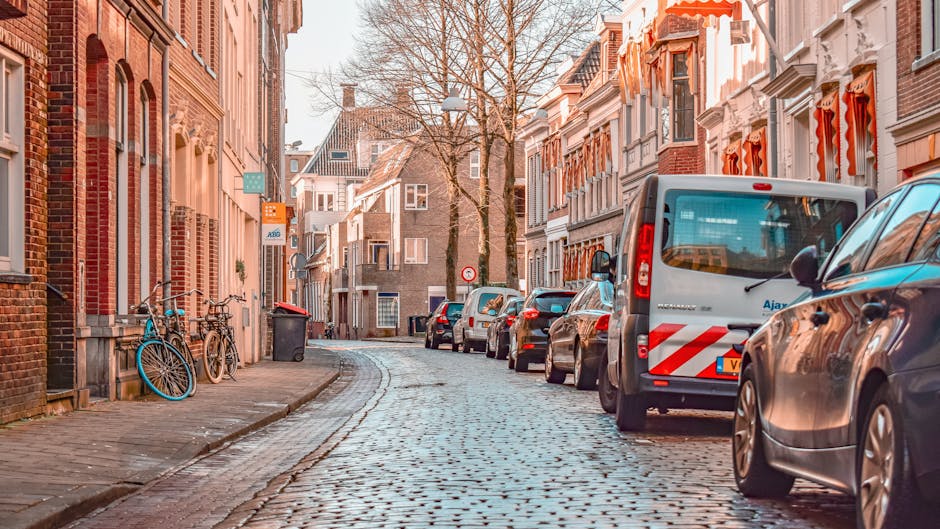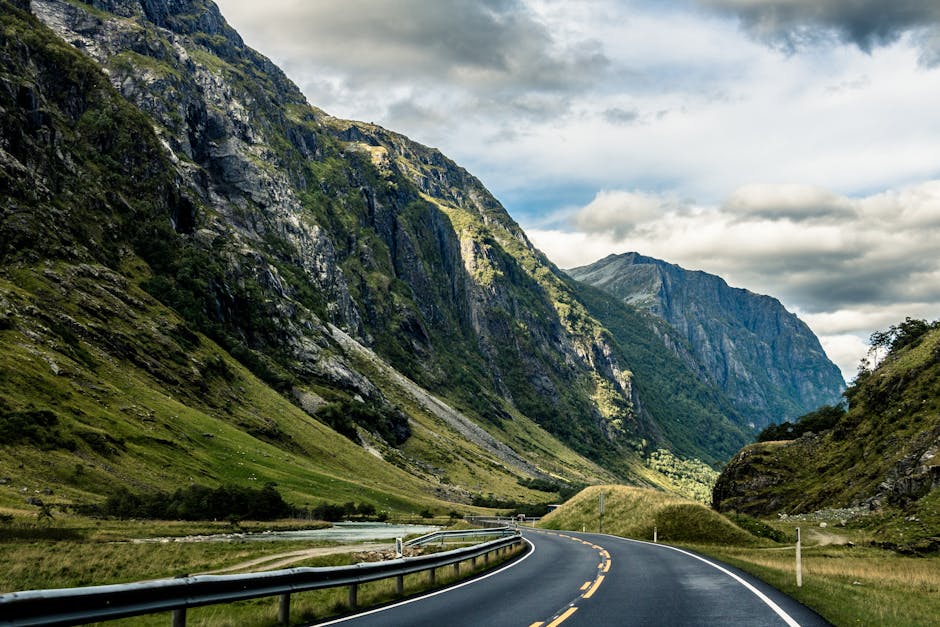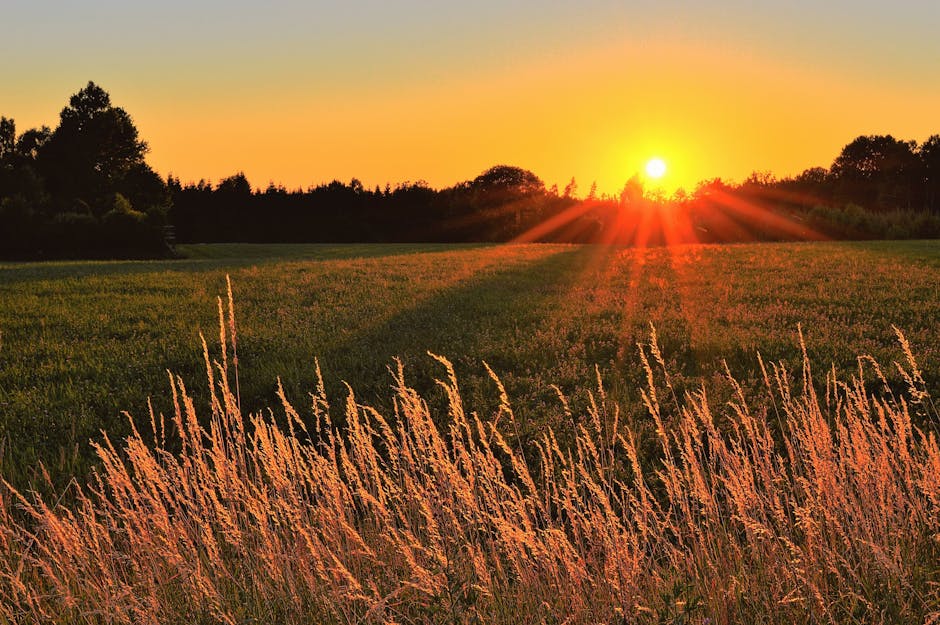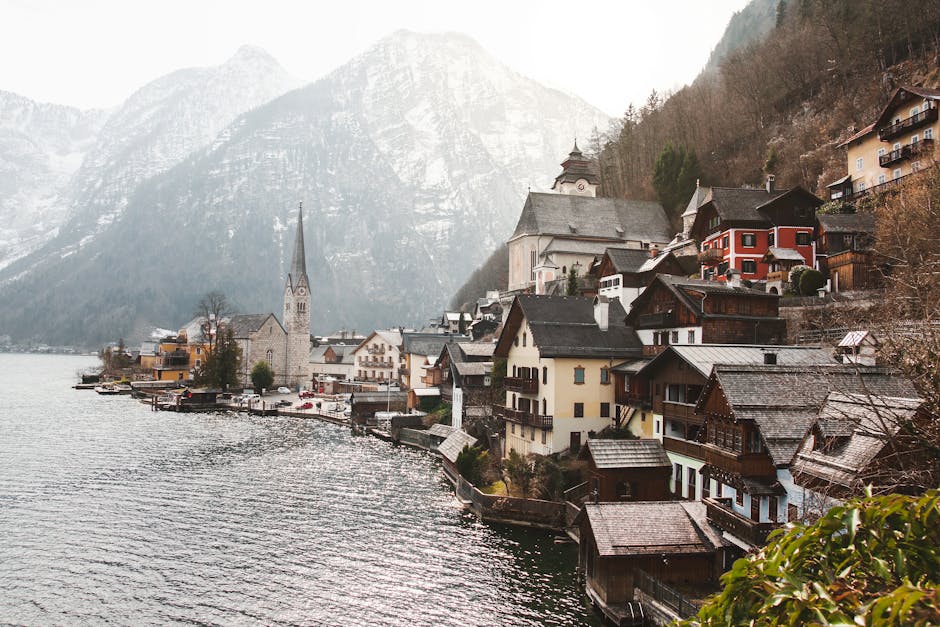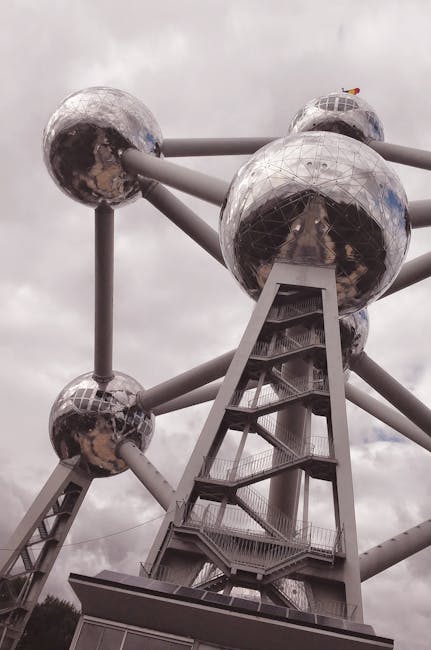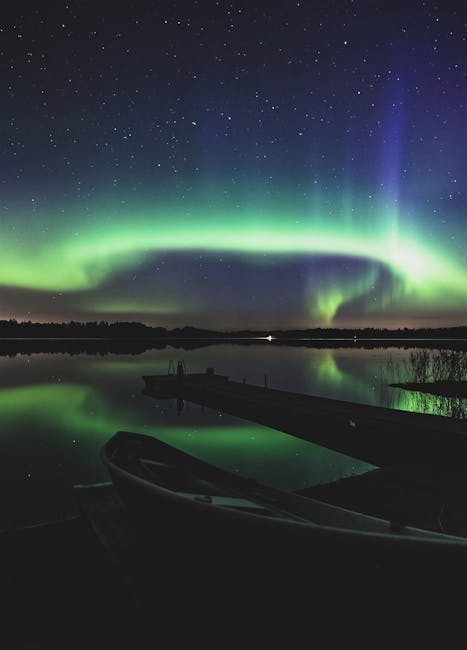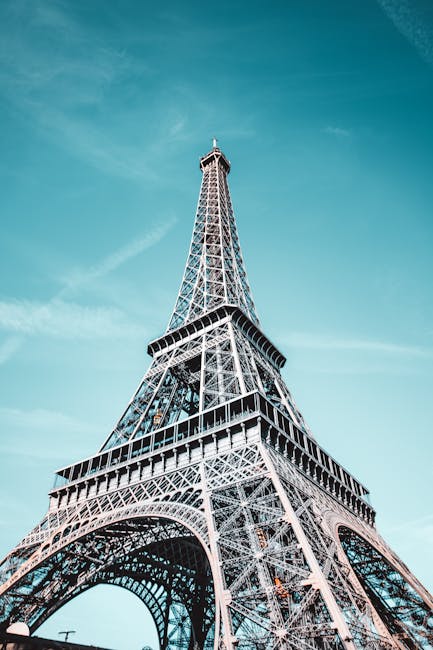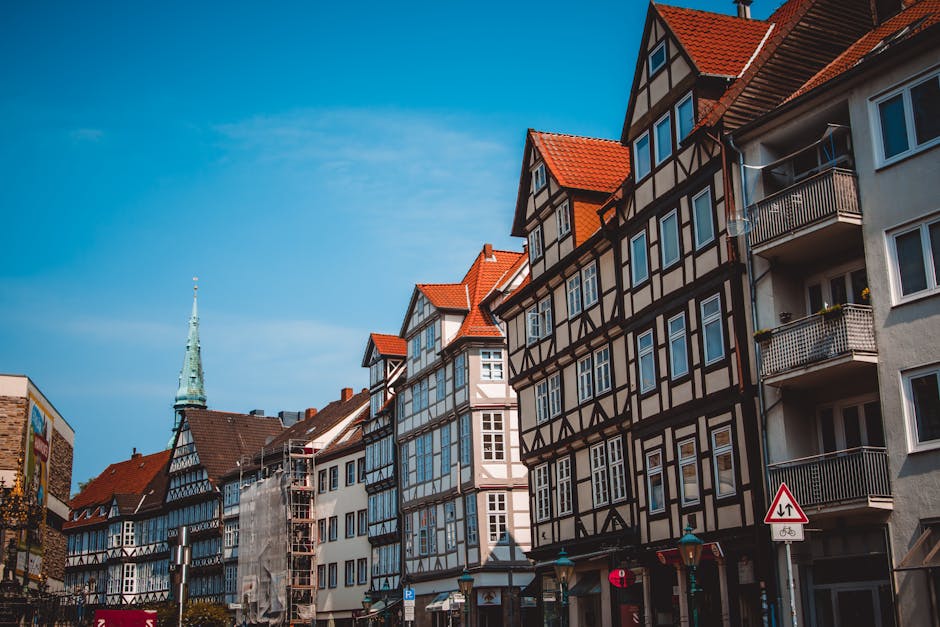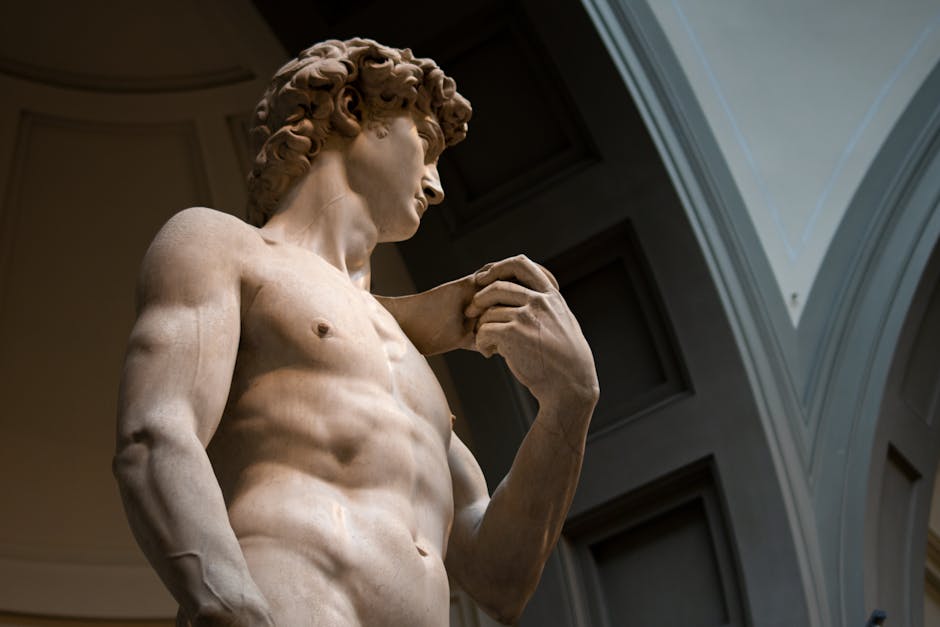Switzerland
Overview
Switzerland, nestled in the heart of Europe, is a beautiful country known for its stunning landscapes, rich history, and unique culture. It is a landlocked country divided into 26 cantons, each with its distinct cultural characteristics. Swiss culture is primarily influenced by the German, French, and Italian, which is evident in the country's multilingualism. What makes Switzerland unique is its commitment to neutrality, precision, and perfection, reflected in its world-renowned watches, Swiss army knives, and sumptuous chocolates. Switzerland's diverse landscapes, ranging from the snow-capped Alps to tranquil lakes and vibrant cities like Zurich, Geneva, and Bern, offer a myriad of experiences that make it a must-visit destination.
The high season for tourism in Switzerland is during the summer months from June to August, when the weather is warm and sunny, perfect for outdoor activities. During this time, tourists can enjoy hiking in the Swiss Alps, boating on Lake Geneva, or exploring the country's historic sites and museums. Winter, from December to February, also draws a crowd of tourists, particularly avid skiers and snowboarders who flock to the country's world-class ski resorts in Zermatt, Verbier, and St. Moritz. Whether it's summer or winter, Switzerland offers a plethora of activities, from adventurous sports to cultural immersion.
Before traveling to Switzerland, there are a few key things to prepare. First, ensure that your passport is valid for at least six months beyond your planned departure date. Although Switzerland is part of the Schengen Area, it is always best to check the latest visa requirements based on your nationality. Second, decide on the type of travel insurance you'll need based on your planned activities. Whether you plan on skiing, hiking, or simply exploring the cities, having comprehensive travel insurance is important. Lastly, remember to pack according to the season and the activities you plan to do. Comfortable shoes are a must for exploring Swiss cities and hiking trails. Don't forget to bring a universal power adapter as Switzerland uses type J plugs and sockets, which might be different from your home country.
A Glimpse into the Past
Switzerland is a landlocked country nestled in the heart of Europe, renowned for its picturesque landscapes, rich cultural tapestry, and remarkable history. Its unique political structure, breathtaking alpine scenery, and historical significance make it an enticing destination for travelers.
Early History and Origins
The history of Switzerland dates back to prehistoric times, with evidence of human settlements since the Paleolithic era. The region was inhabited by various Celtic tribes before becoming part of the Roman Empire around 15 BC. The Romans established towns such as Augusta Raurica and Vitudurum (modern-day Zurich), which laid the foundations for urban development in the region. The fall of the Roman Empire in the 5th century led to the arrival of Germanic tribes, including the Alemanni and Burgundians, who shaped the early medieval history of Switzerland.
In the 13th century, the area began to emerge as a distinct entity. The formation of the Swiss Confederation was marked by the signing of the Federal Charter of 1291, an agreement between three cantons: Uri, Schwyz, and Nidwalden. This pact was a defensive alliance against external threats, particularly from the Habsburgs, who sought to exert control over the region.
Rise of the Confederation
As the Swiss Confederation grew, more cantons joined the alliance, forming a loose confederation of self-governing regions. Key battles, such as the Battle of Morgarten in 1315 and the Battle of Sempach in 1386, solidified Swiss independence from Habsburg domination. The legendary hero William Tell became a symbol of Swiss resistance during this period, embodying the spirit of freedom and defiance.
The 15th century witnessed further expansion as the Confederation engaged in wars against neighboring territories, notably the Burgundian Wars. The victory at the Battle of Grandson in 1476 showcased the military prowess of the Swiss, leading to the consolidation of power within the confederation. By the end of the 15th century, Switzerland had established itself as a significant power in Europe.
The Reformation and Religious Conflicts
The 16th century brought religious upheaval with the onset of the Reformation. Figures like Ulrich Zwingli in Zurich and John Calvin in Geneva championed Protestantism, leading to deep divisions between Catholic and Protestant cantons. These differences culminated in a series of conflicts known as the Wars of Kappel, which ended in 1531 with the Peace of Kappel. This accord allowed cantons to choose their own religion, establishing a precedent for religious tolerance that persists in Switzerland today.
During this tumultuous period, Geneva emerged as a center of Protestant thought and a refuge for religious dissidents. The city was home to Calvin's teachings and became a model for Protestant governance, attracting immigrants and scholars alike. Travelers to Geneva can visit the St. Pierre Cathedral, where Calvin preached, and explore the historic Old Town that reflects the city’s rich religious heritage.
Neutrality and Modernization
Switzerland’s strategic location and diverse population made it a focal point during the tumult of the Thirty Years' War and later the Napoleonic Wars. The adoption of a policy of neutrality during these conflicts allowed Switzerland to avoid direct involvement in wars that ravaged Europe. The Congress of Vienna in 1815 officially recognized Swiss neutrality, which has become a cornerstone of Swiss foreign policy.
The 19th century marked significant modernization in Switzerland, characterized by the construction of railways and the establishment of a federal state. In 1848, Switzerland adopted its first federal constitution, creating a centralized government while preserving cantonal autonomy. This political framework has contributed to Switzerland’s stability and prosperity, making it an attractive destination for business and tourism.
Industrialization and Economic Growth
The Industrial Revolution transformed Switzerland’s economy, shifting from agriculture to manufacturing and services. Cities like Basel and Zurich became industrial hubs, fostering innovation in sectors such as textiles, watchmaking, and pharmaceuticals. The Swiss watch industry, particularly in Geneva and the Vallee de Joux, gained international acclaim, and visitors can explore the history of horology at the Patek Philippe Museum in Geneva.
The late 19th and early 20th centuries saw Switzerland emerge as a center for international diplomacy, hosting organizations like the International Red Cross and various treaties aimed at promoting peace. The picturesque city of Geneva remains a hub for international relations and diplomacy to this day.
World Wars and Post-War Era
Switzerland maintained its neutrality during both World Wars, which allowed it to become a sanctuary for refugees and a center for humanitarian efforts. The aftermath of World War II saw Switzerland strengthen its role as a mediator in international conflicts. It became a founding member of the United Nations in 2002, further solidifying its commitment to peace and diplomacy.
The post-war period was marked by economic prosperity, with Switzerland becoming one of the wealthiest countries in the world. The country invested heavily in infrastructure, education, and research, making it a global leader in innovation. This economic stability has attracted millions of tourists who flock to its cities and natural landscapes.
Tourism and Cultural Heritage
Today, Switzerland is a premier travel destination, offering a blend of natural beauty and cultural experiences. The Swiss Alps, with iconic peaks like Matternhorn and Eiger, provide breathtaking vistas and world-class skiing opportunities. Travelers can indulge in outdoor activities such as hiking, cycling, and mountaineering, with well-marked trails and stunning landscapes.
Culturally, Switzerland is a melting pot of languages and traditions, with four official languages: German, French, Italian, and Romansh. This diversity is reflected in the country’s architecture, cuisine, and festivals. Visitors can enjoy the charm of cities like Lucerne, with its historic wooden bridge, and the vibrant atmosphere of Lausanne, home to the Olympic Museum.
The Swiss gastronomy scene is equally enticing, with regional specialties like fondue, raclette, and exquisite chocolates. Travelers should not miss the chance to visit local markets and indulge in Swiss culinary delights.
In addition, Switzerland's commitment to sustainability and environmental conservation is evident in its efforts to protect its natural landscapes. The country places a strong emphasis on eco-tourism, allowing visitors to enjoy its beauty while preserving the environment.
With its rich history, stunning landscapes, and vibrant culture, Switzerland offers an unforgettable experience for travelers. From the medieval towns and high peaks to the bustling cities and serene lakes, Switzerland invites exploration and discovery, making it a place where history and modernity coexist harmoniously.
Top cities for tourists in Switzerland
Discover the Famous Cities That Might Captivate Your Interests
Must-Try Foods You Can't Afford to Miss
Indulge in a Variety of Fantastic Foods During Your Stay in Switzerland
May Be Your Next Destinations
People often choose these countries as their next destination


